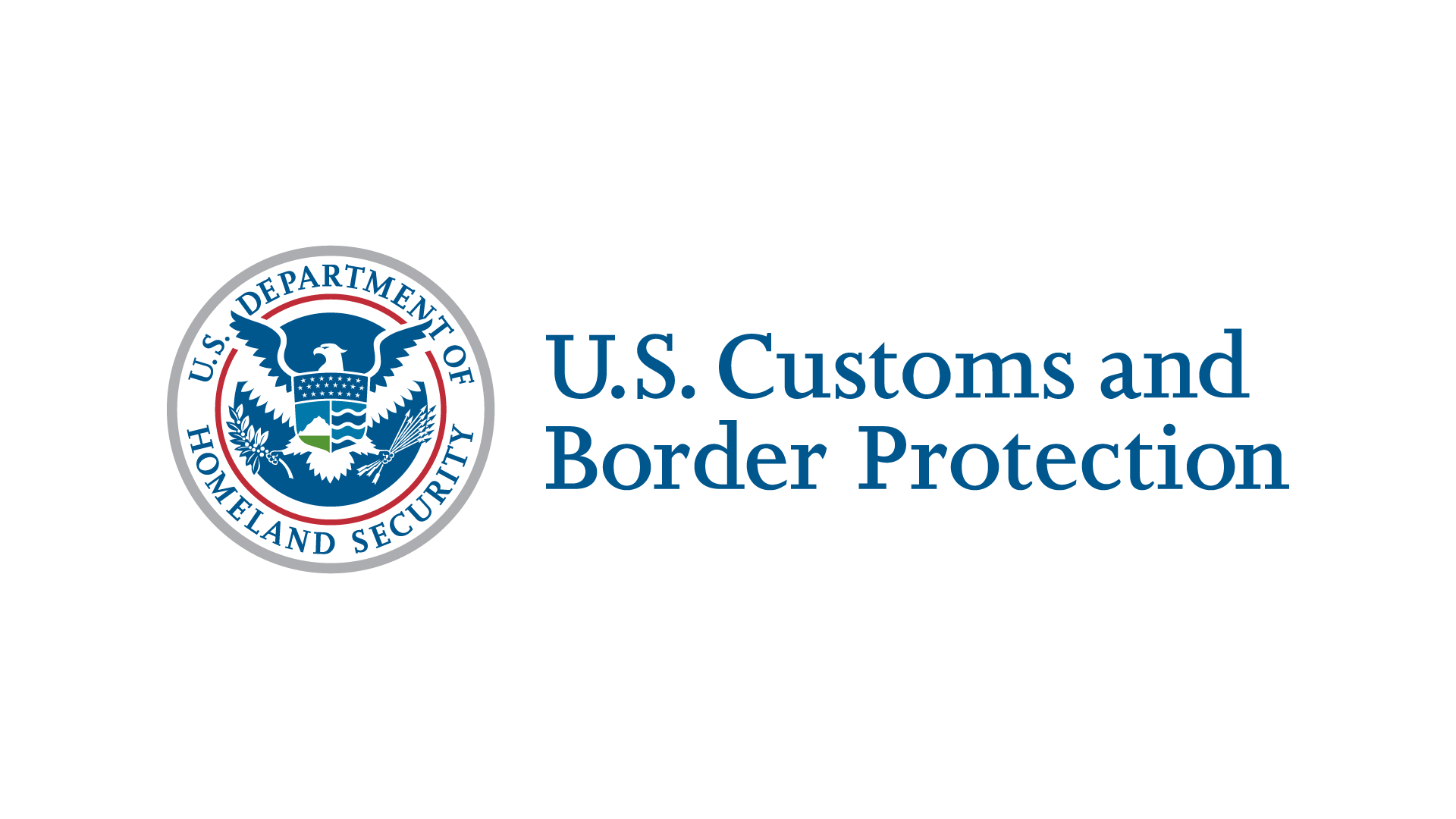The Biden administration is reviewing the impact of the Section 301 tariffs as the four-year anniversary of the duties approaches.
Two top economic officials fueled debate by saying the U.S. should consider reducing tariffs on some Chinese imports. Following comments from Deputy National Security Adviser Daleep Singh, that most duties on consumer goods from China “serve no strategic purpose,” Treasury Secretary Janet Yellen said that lowering tariffs could have “desirable effects” to lower inflation.
Press Secretary Jen Psaki responded to the remarks in an April 25 briefing:
“We’re certainly looking at where we see costs being raised at a time where we’re seeing heightened inflation; certainly, that’s on our minds. It’s also about addressing the core issues we have with how China has approached, you know, their engagement around economic issues as well. I don’t have anything at this moment to preview for you but our focus is on those same categories and areas: where we can impact — where we think they’re impacting wages and job opportunities, our technological edge. That’s the prism through which our economic team — Ambassador [Katherine] Tai, is, of course, leading this effort, is — is reviewing these sanctions.”
Ambassador Tai has stayed silent on the issue in recent press appearances, but she told the House Ways and Means Committee last month that easing tariffs would cost the U.S. negotiating power with China. With the Section 301 tariffs set to expire on July 6, Ambassador Tai and the Biden administration will soon begin a “review of necessity” to examine their effects and determine their future.


